Entry Category: Literature and Authors
Halfway from Hoxie
Hall, B. C.
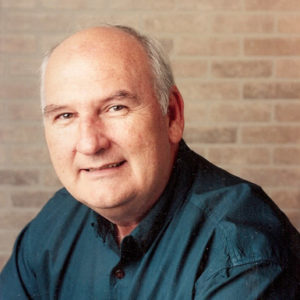 B. C. Hall
B. C. Hall
Hamilton, Laurell K.
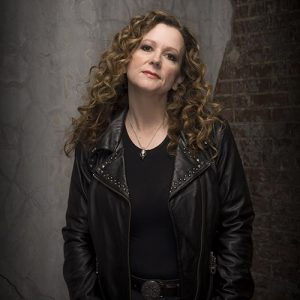 Laurell K. Hamilton
Laurell K. Hamilton
Harington, Donald
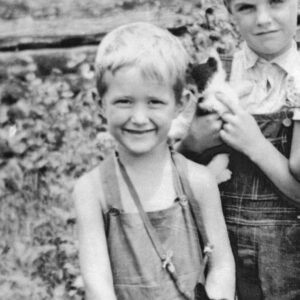 Young Donald Harington
Young Donald Harington
Harris, Charlaine
aka: Jean Charlaine Harris Schultz
Harris, E. Lynn
aka: Everette Lynn Harris
Harrison, William Neal
aka: William Neal Harrison
Hays, Skip
aka: Donald Slaven Hays
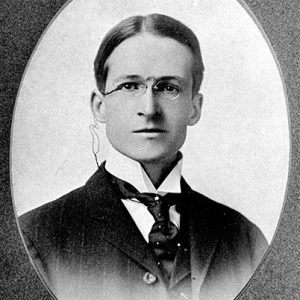 J. N. Heiskell
J. N. Heiskell
Hell on the Border
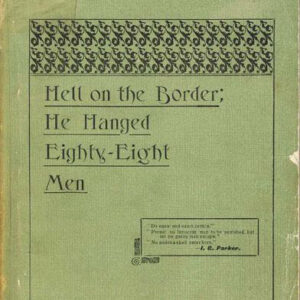 Hell on The Border
Hell on The Border
Hempstead, Fay
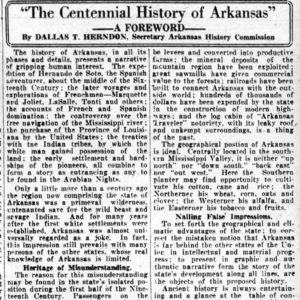 Article by Dallas T. Herndon
Article by Dallas T. Herndon
Herndon, Dallas Tabor
Hess, Joan Edmiston
aka: Joan Hadley
Hill, David Allen
Hill, Mars Andrew, III
Himes, Chester Bomar
Hinegardner, Verna Lee Linxwiler
Hollander, Andrea
aka: Andrea Hollander Budy
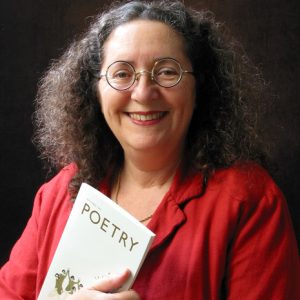 Andrea Hollander
Andrea Hollander
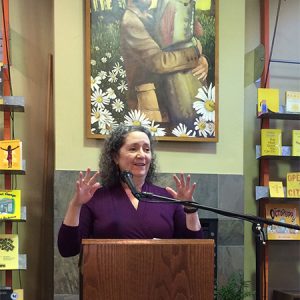 Andrea Hollander
Andrea Hollander
Holmes, John Clellon
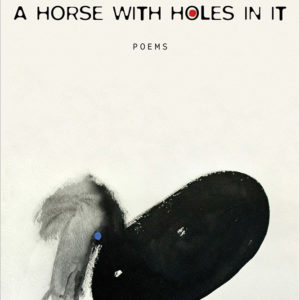 A Horse With Holes In It
A Horse With Holes In It
Hubbell, Webster Lee (Webb)
Hudgins, Mary Dengler
Hunting of the President, The
I Know Why the Caged Bird Sings
 Icing on the Cake
Icing on the Cake
 Irresistible Force
Irresistible Force
 John Hornor Jacobs
John Hornor Jacobs
Jacobs, John Hornor
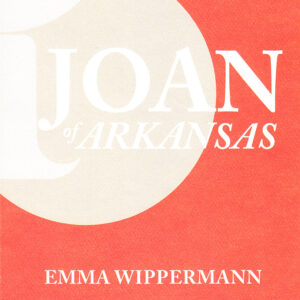 Joan of Arkansas
Joan of Arkansas
Joan of Arkansas [Book]
Jones, Douglas Clyde
Kearney, Janis
Keith, K. Wymand
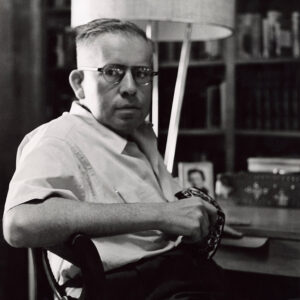 Ben Kimpel
Ben Kimpel
Kimpel, Ben Drew
Knoop, Faith Yingling
Lake, Paul
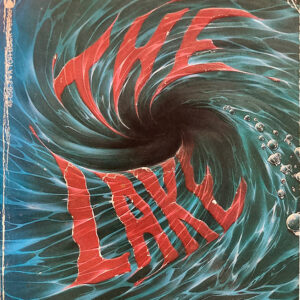 The Lake
The Lake
Lancaster, Bob
Lavers, Norman
aka: Cecil Norman Lavers
Lee, Lorelei
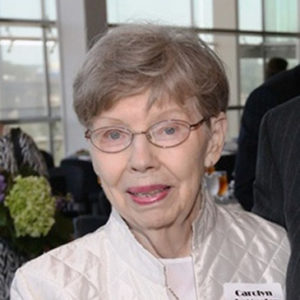 Carolyn LeMaster
Carolyn LeMaster




